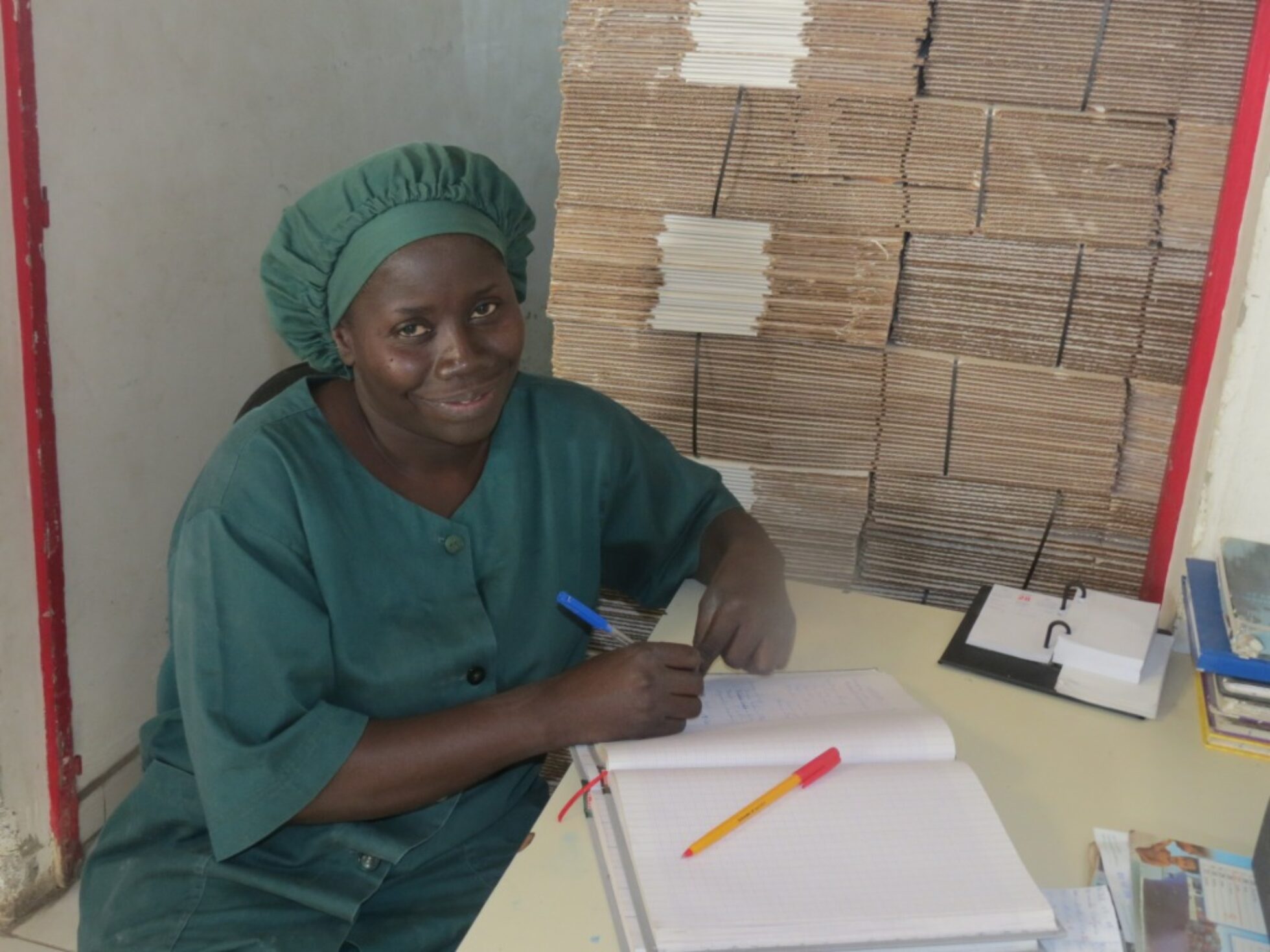La Vivriére: Reclaiming Nutritious Home-Grown Grains in Senegal

After years of watching working mothers feed their children imported rice rather than local Senegalese grains, Bineta Coulibaly decided to take action.
Traditionally, women used locally-produced and nutrient-rich millet flour to make couscous, arraw (small balls of flour cooked as a porridge), or thiacry (small balls of flour which are steamed) by hand in the home. However, as Senegal industrialized and more women entered the workforce, they began to choose a cheaper and easier alternative: rice imported from abroad.
While rice is less expensive, quick to cook, and readily available, it's also less nutritious than millet. And, as foreign rice quickly gobbled up close to 70% of the market share of staple grains, many Senegalese farmers who had grown millet for years began to lose a market for their crops.
Healthier, More Lucrative Alternatives
Determined to increase demand for high-quality local grains, create opportunities for farmers, and address the needs of working mothers like herself, Bineta founded La Vivrière in 1992. The business takes locally-produced millet, maize, black-eyed peas, and an indigenous West African grain known as fonio, and turns them into all-natural, nutrient-rich cereals. By doing so, it makes healthy staples of traditional Senegalese cooking widely available to working mothers—in a way that’s just as easy to prepare as rice.
Bineta also strives to create jobs for women in her community who, like herself, want to earn a living in agroprocessing. Of La Vivrière’s 76 factory workers, 63 are women. Many of those women are their families’ primary breadwinners and would have struggled to find another job that pays as much.
Facilitating Business Growth

However, for years La Vivrière lacked the working capital it needed to purchase grains in high volume directly from producers. Without access to sufficient financing, La Vivrière had to purchase local cereals from intermediaries, who held on to a portion of the profits that would otherwise have gone to some of the country’s poorest farmers.
In 2013, Root Capital began to finance La Vivrière with an initial general working capital loan of $100,000. With this capital, La Vivrière was able to minimize its dependence on intermediaries and source directly from farmer associations.
La Vivriére is also receiving financial management training from Root Capital as part of our partnership with the Mastercard Foundation. Our advisors support La Vivrière with training on improved financial analysis, and are facilitating a one-year placement of a young accounting graduate with the business. This intern will gain real world experience and learn from close collaboration with experienced Root Capital trainers, while providing La Vivrière the extra bandwidth needed to help roll out a new accounting software.
The General Mills of Africa
In 2016, Root Capital introduced La Vivrière to Partners in Food Solutions, an independent nonprofit that connects agricultural business leaders across sub-Saharan Africa with employee volunteers from some of the world’s most successful food and agriculture businesses. A team of experts from General Mills, Hershey’s, Cargill, and other multinational food companies is working with La Vivrière to improve the production capacity of its facility.
By leveraging capital and training provided by Root Capital and key partners, La Vivrière ensures that more than 900 farmers in one of Senegal’s most vulnerable regions earn higher incomes. And while there is a long way to go before La Vivrière becomes the General Mills of Africa, Bineta is optimistic about the future.
"Thanks to the financing and collaboration we’ve received from Root Capital, we're at the point now where we can secure high-quality raw materials in sufficient quantities and at stable prices,” she says. “This is essential for the effective development of businesses like ours."
Information in this client profile is up-to-date as of publishing time.